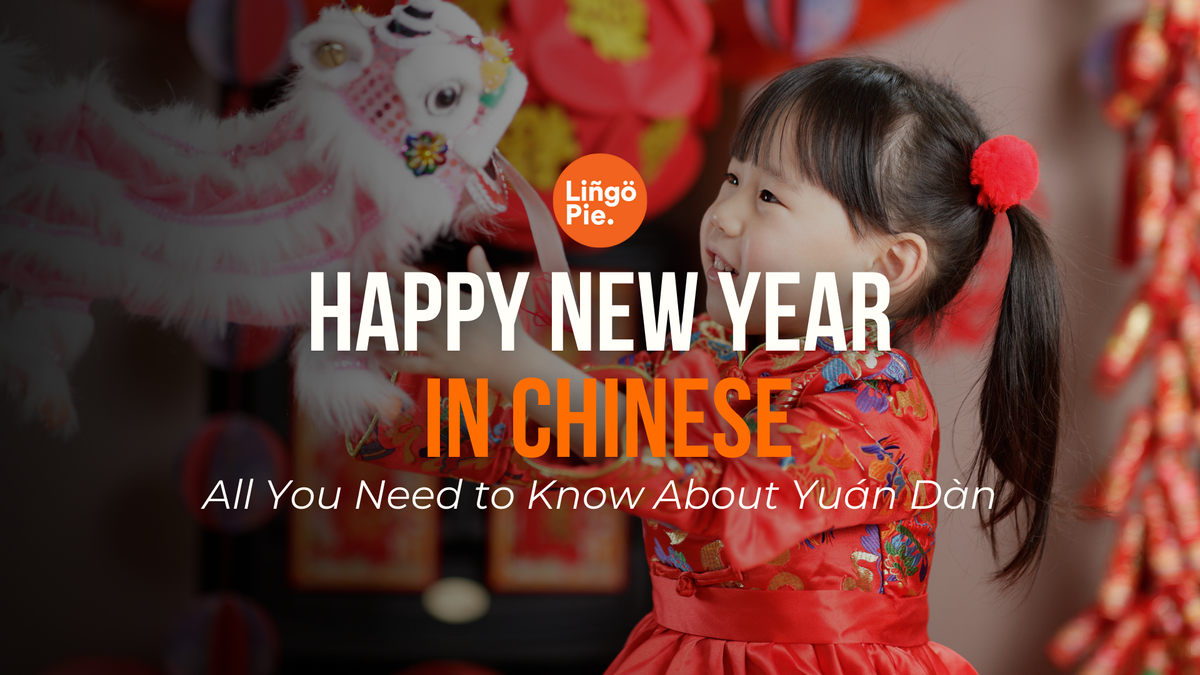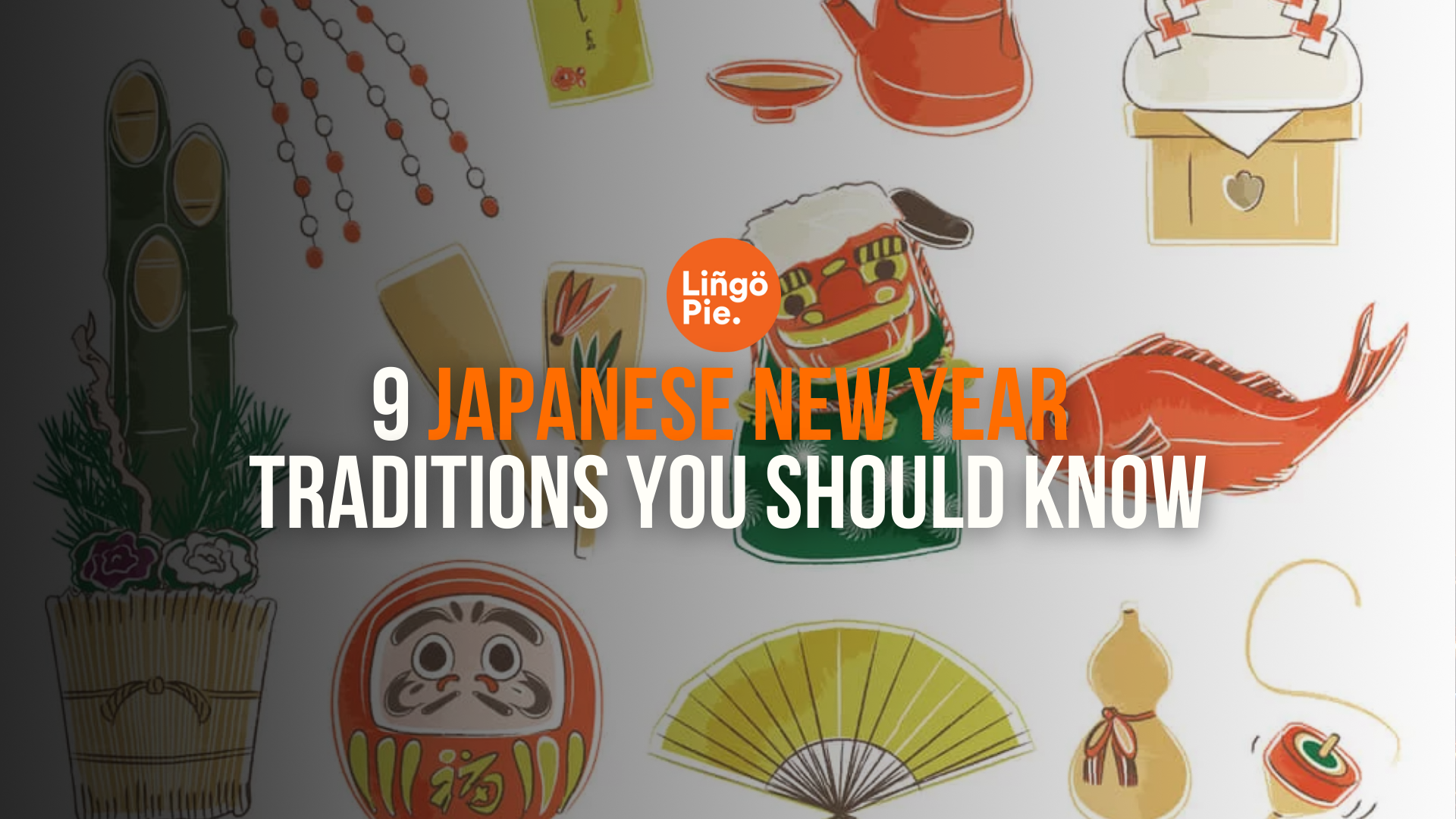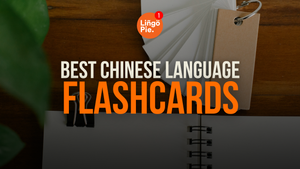Do you know how Chinese people celebrate the Western New Year? In this article, we take a look at Yuándàn 元旦, the first day of the year or New Year's Day, which is quite different from China's New Year not only on the dates, but also on the customs.
Apart from the traditions, at some point of this article we'll learn some related words and phrases for this time of the year and how to incorporte this vocabulary more efficiently.
Let's go!
5 Chinese Christmas Movies to Watch This Holidays
Mooncake Festival Guide For Foreigners + Chinese Words
Qixi Festival (Chinese Valentine's Day) + Chinese-Related Vocabulary

How isYuándàn celebrated in China?
Yuándàn is the first holiday (jiérì 节日 / 節日) in the Chinese calendar. It consists on a holiday in which people don't work and gather with their families instead. Most of the time, the nearest weekend is also included, resulting in a 3-day holiday.
During this holiday, people not only rest, but also wish each other good luck (zhùfú祝福) for the new year to come saying the phrase Xīnnián Kuàilè 新年快乐 / 新年快樂. They exchange greeting cards (hèkǎ 贺卡 / 賀卡).
Another tradition during this festival is letting off fireworks (yānhuǒ 烟火 / 煙火) and attending New Year's Eve (chúxī 除夕) and do the countdown (dàojìshí 倒计时 / 倒計時) for the New Year.
What's more, it isn't uncommon for TV stations and other institutions, such as schools, to organize New Year parties with fireworks to welcome the New Year.
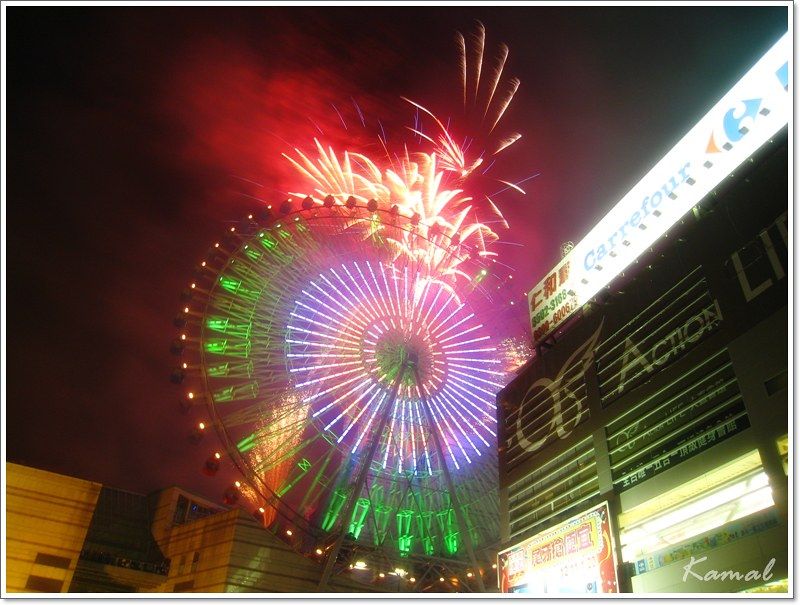
The importance of the Chinese zodiac.
New Year celebrations in Western countries aren't related to the signs of the zodiac or at least most people don't do the connection. In China, however, the New Year is strongly connected to the Chinese zodiac or Shí'èr Shēngxiào 十二生肖.
The Chinese zodiac has 12 signs, each represented by an animal, with a 12-year cycle. In other words, every year is represented by a different animal following an order: Rat, Ox, Tiger, Rabbit, Dragon, Snake, Horse, Goat, Monkey, Rooster, Dog and Pig. For instance, this year, 2024, is the Year of the Dragon. 2025 will be the Year of the Snake. The cycle repeats once the year of the Pig has ended, starting with the Rat again.
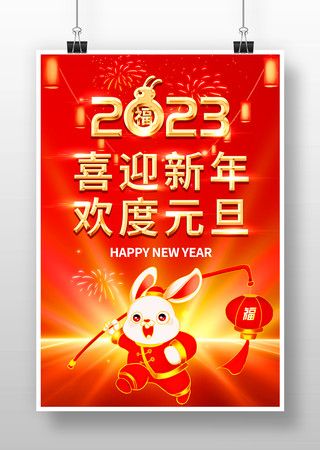
What does the word Yuándàn mean?
Yuándàn is written with the hanzi 元 (yuán) and 旦 (dàn).
元 means "the first", "the origin". It can also be found in words like yuán nián 元年 (first year) or yuán yuè 元月 (first month).
旦 means "day", but also "the first day of the month".
Combining the two hanzi, it results in the word 元旦 which means "the first day of January", "the first day of the year".
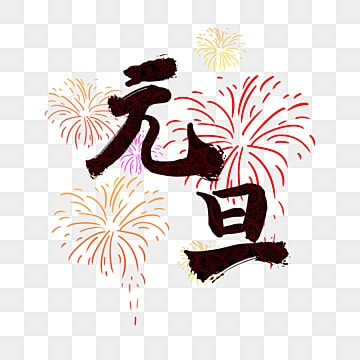
The origins of the word.
Yuándàn comes from the Book of Jin or Jìn Shū 晋书 / 晉書, a Chinese historical text that has records from the Jin Dinasty (265–420 A.D.). It's said to have appeared there for the first time, but in fact its meaning was already known for over 4,000 years.
The days on which Yuándàn was celebrated changed over the centuries according to the calendar that was being used at the time:
- The first day of the twelfth month on the Lunar calendar (October).
- During the Han Dinasty, the reign of Emperor Wudi decided to celebrate it on the first day of the Lunar New Year, the world-famous Chinese New Year.
- After the foundation of the Republic of China in 1912, the Solar/Gregorian calendar was adopted and it began to be celebrated on January 1st.
- In 1949, after the People's Republic of China was formed, Yuándàn was clearly distinguished from the New Year of the Lunar calendar.
Is Yuándàn the same holiday as China's New Year or Chūn Jié 春节 / 春節?
No, it isn't. Although the word Yuándàn refers to New Year's Day, it isn't used for the world-famous Chinese New Year celebrated on the end of January or the beginning of February, which it's called Chūn Jié (Spring Festival).
Both Yuándàn and Chūn Jié refer to the first day of the year, but differently. Whereas Chūn Jié is used for the first day of the Lunisolar calendar, Yuándàn is used for the first day of the Solar calendar (also known as Gregorian calendar), which it's January 1st.
In other words, Yuándàn describes the Western New Year and Chūn Jié China's New Year.
Some related words.
Here are some words and expressions you can use on Yuándàn, with both their simplified and traditional writings.
- Yuándàn 元旦 : New Year's Day (January 1st).
- Xīnnián 新年 : New Year.
- Chúxī 除夕 : New Year's Eve.
- Xīnnián Kuàilè 新年快乐 (S) / 新年快樂 (T) : Happy New Year!
- Qìngzhù 庆祝 (S) / 慶祝 (T) : to celebrate.
- Dàojìshí 倒计时 (S) / 倒計時 (T) : countdown.
- Yānhuǒ 烟火 (S) / 煙火 (T) : fireworks.
- Qìngdiǎn 庆典 (S) / 慶典 (T) : celebration, ceremony.
- Jiérì 节日 (S) / 節日 (T) : holiday, festival.
- Hèkǎ贺卡 (S) / 賀卡 (T) : greeting card.
- Jiātíng Jùhuì 家庭聚会 (S) /家庭聚會 (T) : family gathering.
- Zhùfú 祝福 : blessings, best wishes.
- Dàoshǔ 倒数 (S) / 倒數 (T) : to count down.
- Kuànián 跨年 : to celebrate the turn of the year.
- Zhōngshēng 钟声 (S) / 鐘聲 (T) : bell chime, heard at midnight for New Year.
Learn Chinese language and culture with Lingopie
To sum up, in this article we saw how New Year is celebrated in China. We learned that it's called Yuándàn, meaning "first day", and it's celebrated on January 1st. It's different from the Chinese New Year that's celebrated between the end of January and the beginning of February. And we also learned some words and phrases related to this holiday.
Now, it's the right time to start thinking about your New Year resolution for 2025. What about learning a new language? Chinese sounds great! And, what about learning Chinese with Lingopie? Sounds excellent!
Lingopie offers a wide range of great and real Chinese TV shows. You can learn lots of expressions from your favorite shows and review them with quizzes and flashcards! While learning the language, you learn about Chinese culture too! So, you can learn more about Yuándàn, Chūn Jié and other Chinese festivals through your favorite shows.
My advice for you is to give Lingopie a go by signing up and trying it for free! Enjoy!
Xīnnián 新年快乐 everybody! See you in 2025!


